
Beale Spencer, a leading scholar of diversity, resilience and human development, has developed critical insights regarding vulnerability, risk, and resilience as normatively experienced by diverse individuals, including those considered privileged. She developed the Phenomenological Variant of Ecological Systems Theory (P-VEST), a theoretical framework that incorporates identity, cultural, and ecological perspectives that has been accepted as a unifying theory from the American Psychological Association Task Force. She has recently launched the Urban Resiliency Initiative, emphasizing educational contexts, interrogating neighborhood policing encounters, and seeking to diminish vulnerability and increased global resiliency.
She has been elected to the American Academy of Arts and Sciences, the National Academy of Education, the American Psychological Association, and the American Association for the Advancement of Science. She earned her doctorate in Human Development at the University of Chicago and has been a member of the faculty since 2009.
Read more about Professor Spencer here.

Professor Raudenbush is interested in statistical models for child and youth development within social settings such as classrooms, schools, and neighborhoods.
Read more about his work here.

Professor Neal's research interests include labor; black-white wage inequality; economics of crime; and education policy. Read more about his work here.
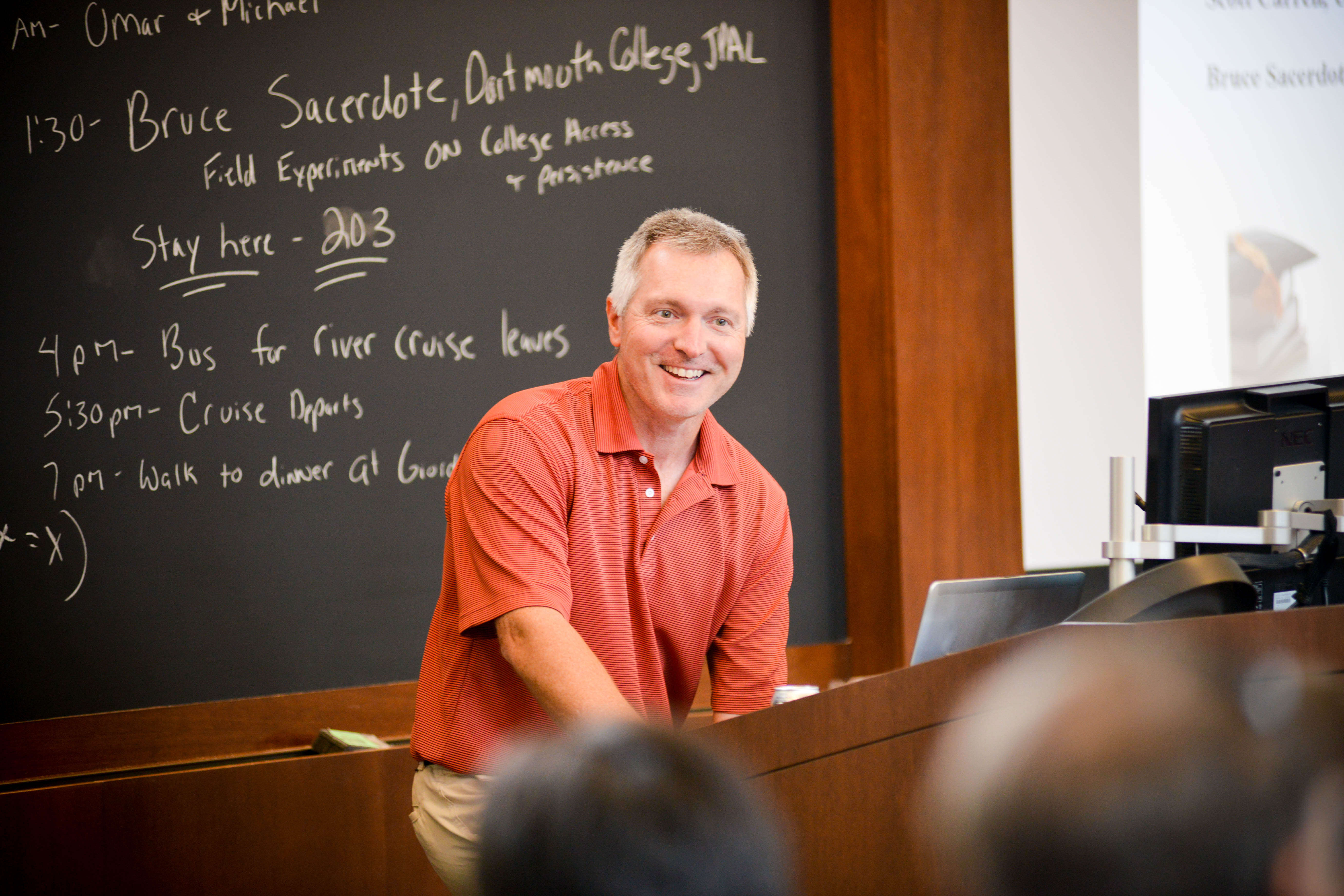
Professor List's research interests include experimental economics; field experiments; education; youth violence; economics of charity; environmental economics; experiments in firms; multi-unit auctions; and neuro-economics. Read more about his work here.

Professor Levitt's research interests include economic models of crime and corruption; the criminal justice system; abortion legalization; school choice; and how businesses make decisions. Read more about his work here.
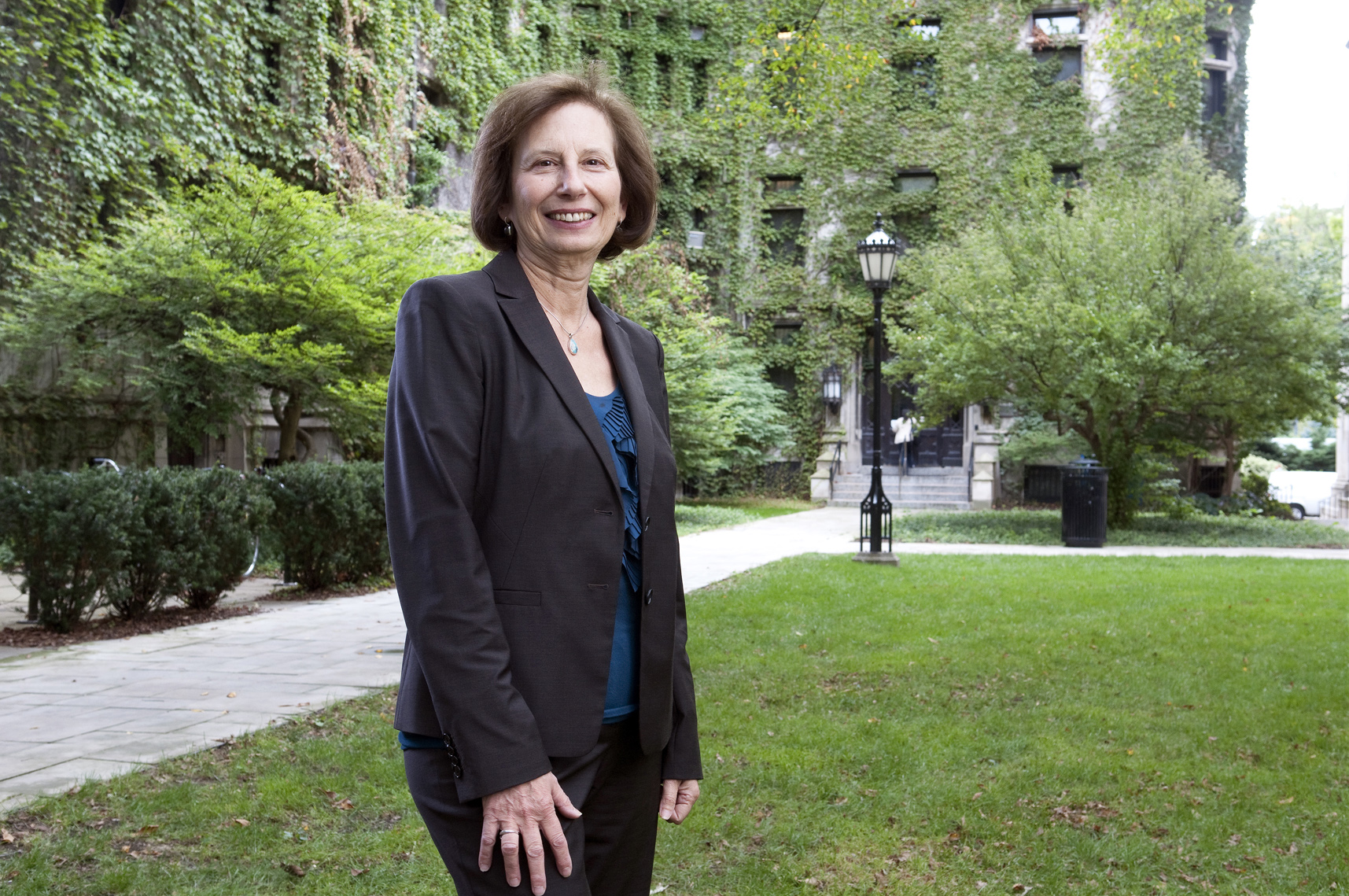
Professor Levine's research interests include cognitive development, development and plasticity of spatial skills, early quantitative development, and language development and functional plasticity in children with early brain injury.
Read more about her work here.
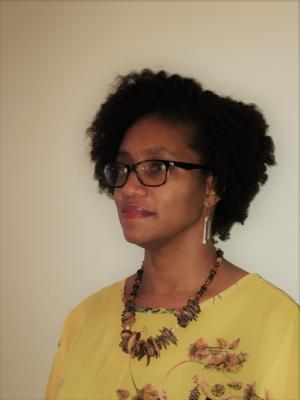
Professor Keels' principal research interests concern issues of race-ethnicity, inequality, poverty, and the integration of quantitative and qualitative methods. Read more about her work here.
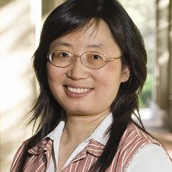
Professor Hong focuses on developing causal inference theories and methods for evaluating educational and social policies and programs in multi-level, longitudinal settings. Her work addresses issues including (1) how to conceptualize and evaluate the causal effects of treatments when individual responses to alternative treatments depend on various features of the organizational settings, (2) how to adjust for selection bias in estimating the effects of concurrent multi-valued treatments, (3) how to evaluate the cumulative effects of time-varying treatments, and (4) how to conceptualize and analyze the causal mediation mechanisms.
Read more about Professor Hong here.
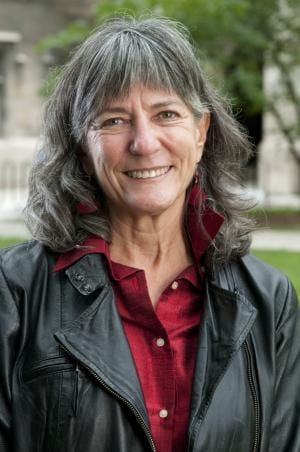
Professor Goldin-Meadow's research interests include language development and creation, and gesture’s role in communicating, thinking, and learning. Read more about her work here.
